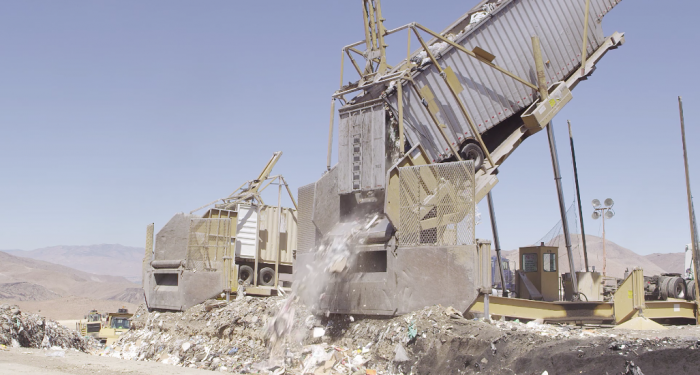
Household garbage generated by more than one million people could potentially be transformed into 30 million gallons of clean renewable fuel per year to power aircrafts. The system created by Fulcrum Bioenergy in the United States aims to turn the planet’s waste into low-carbon transportation fuels including jet fuel and diesel.
According to the company’s website, it converts municipal solid waste (MSW) into low-carbon transportation fuels in a process that begins with gasification. Without going into too much detail, the resulting syngas is purified and processed through the Fischer-Tropsch (FT) process to produce a syncrude product which is then upgraded to jet fuel or diesel.
By partnering with waste management, waste connections, and a number of airlines the eco-friendly company has ensured longterm viability.
“Fulcrum’s plants will provide numerous social and environmental benefits. By providing a reliable source of renewable transportation fuels, our plants will help reduce communities’ dependence on petroleum and provide attractive alternatives to fossil fuels,” said the company on its website.
The company’s model complements recycling programs available today.
“Fulcrum’s process uses MSW feedstock after it has been processed for conventional recyclables, such as cans, bottles, plastic containers, paper, and cardboard, that would otherwise be landfilled,” it added.
The company aims to provide a promising alternative to petroleum while tackling the country’s landfill problem and reducing greenhouse gas emissions.
United Airlines in the US have recently announced a $30 million investment in Fulcrum BioEnergy, the biggest investment so far by a domestic airline.






